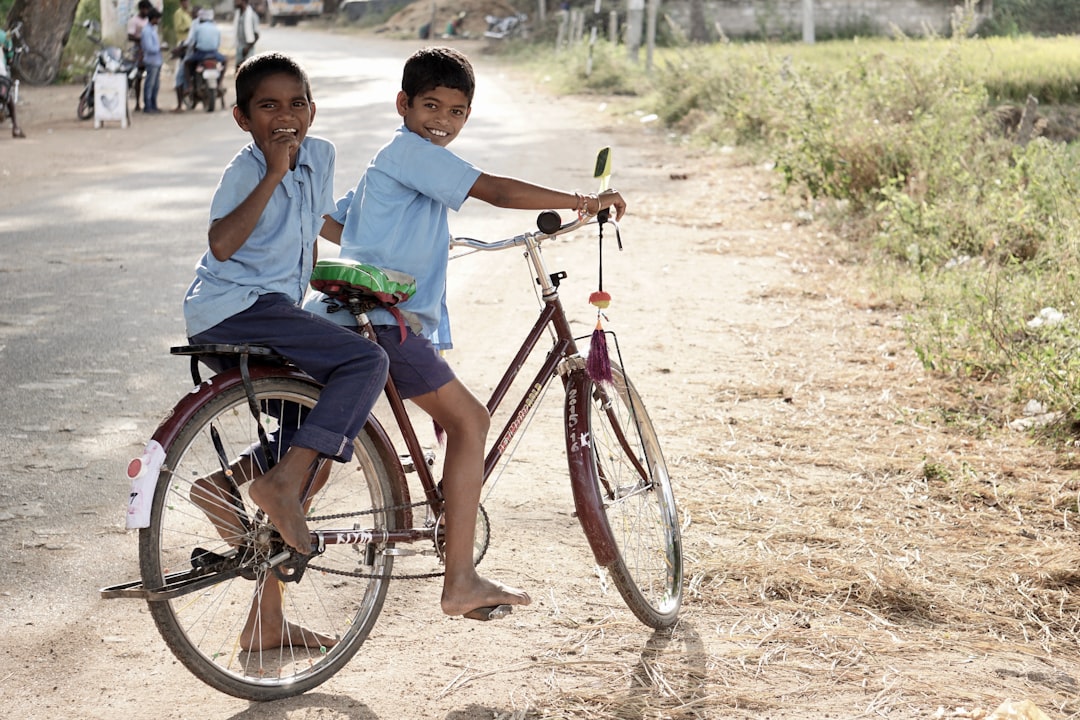What is it about?
We present a case study of an adverse childhood experience network operating in rural communities in San Luis Valley, Colorado, with implications for network-building. We found: (a) network members had high levels of trust in their relationships overall; (b) nonprofit organizations were among the most connected organizations; and (c) health clinics were in a greater share of relationships involving assessment, service provision, and resource sharing, positioning them as leaders in these activities.
Featured Image

Photo by Hannah Busing on Unsplash
Why is it important?
This article presents an important first look at a rural network of organizations working to address adverse childhood experiences (ACEs). It sets a baseline for understanding these networks and will serve as a helpful comparison for future data collection with rural networks in this domain.
Read the Original
This page is a summary of: Understanding rural social networks addressing adverse childhood experiences: A case study of the San Luis Valley., Families Systems & Health, April 2024, American Psychological Association (APA),
DOI: 10.1037/fsh0000894.
You can read the full text:
Contributors
The following have contributed to this page










